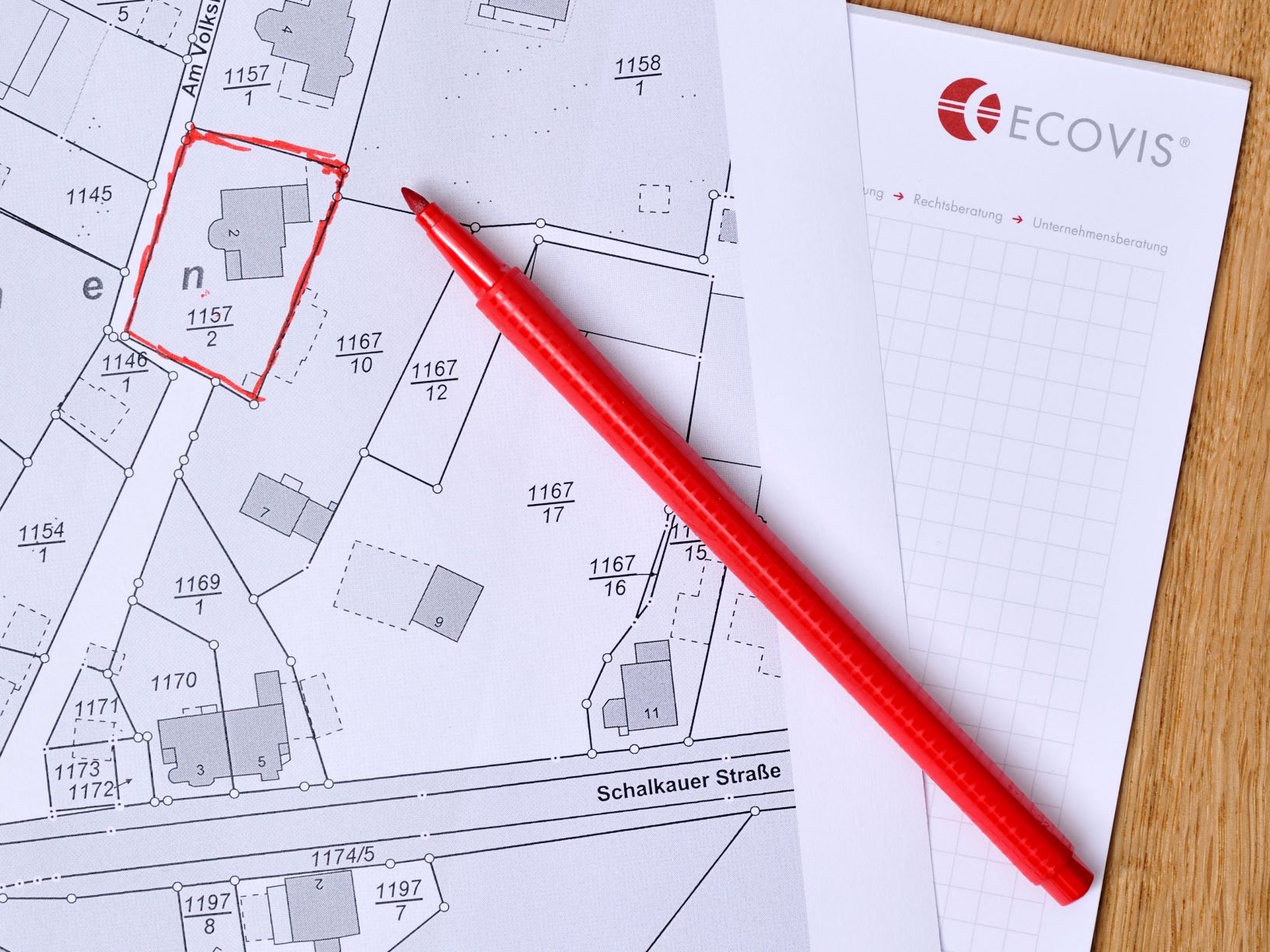Employer waivers of non-competition clauses must be treated differently by the courts from 2021
Employer's withdrawal from the non-competition clause in the light of the Constitutional Court case law in 2021
Section 310(3) of Act No. 262/2006 Coll. provides that the employer may only withdraw from the non-competition clause for the duration of the employee's employment, but does not specify the reasons for which it may do so. We have already introduced you to this issue in our article Withdrawal from the non-competition clause by the employer.
Ruling of the Constitutional Court of the Czech Republic, No. II ÚS 1889/19 of 21 May 2021 regarding the employer's withdrawal from the non-competition clause
At the end of spring 2021, the Constitutional Court of the Czech Republic issued a groundbreaking ruling, Case No. II ÚS 1889/19 of 21 May 2021, which fundamentally changes the existing case law of the Supreme Court of the Czech Republic in assessing the validity of an employer's withdrawal from a non-competition clause without giving any reason. In the present constitutional complaint, which was filed by a commercial corporation after the municipal courts had upheld the action brought by its former employee, who argued that the employer's withdrawal from the non-competition clause without giving any reason was invalid and thus sought monetary compensation from the complainant, the complainant alleged a violation of his fundamental rights, as well as of the principle of autonomy of will and the principle of pacta sund servanda. In the non-competition clause in question, the parties expressly agreed that the employer was entitled to withdraw from it in writing at any time during the employee's employment, even without giving any reason.
The former employee challenged the withdrawal from the non-competition clause in court, relying on the existing case law of the Supreme Court of the Czech Republic, according to which the employer's withdrawal from a non-competition clause without giving any reason is absolutely invalid even if this option was expressly agreed upon. In the case law in question, the Supreme Court of the Czech Republic relied on the principle of employee protection as the guiding principle of labour law and concluded that the possibility for an employer to withdraw from a competition clause without giving any reason, or for reasons that are too broadly defined, is in direct conflict with this principle. The Supreme Court of the Czech Republic, in its ruling, stated that "The Supreme Court has therefore repeatedly rejected the view that an employer is entitled to withdraw from a non-compete clause during the course of an employee's employment for any reason or no reason at all. According to the Supreme Court, it is consistent with the principle of pacta sunt servanda and the requirement of stability in employment relationships that an employer may only withdraw from a non-compete clause for a sufficiently narrowly defined reason agreed in advance; the possibility of an employer withdrawing without giving any reason or for any reason would impermissibly favour the employer to the detriment of the employee's rights.".
In his constitutional complaint, the plaintiff sought the annulment of the judgments of the general courts which considered his withdrawal from the non-competition clause as invalid, as he considered that they violated (among other things) the principle of autonomy of will and the principle of pacta sund servanda under Article 1(1) of the Constitution of the Czech Republic. The complainant argued that it is not possible to deduce from the applicable legislation the obligation of the contracting parties to agree on the specific reasons for which the employer may withdraw from the non-competition clause and that this obligation can only be deduced from the case-law of the Supreme Court of the Czech Republic, which he considers to be an unauthorized judicial shaping of the law.
The Constitutional Court also sided with the complainant's allegations, as in the ruling in question the court also subjected the previous judicial shaping of the law by municipal courts to a strict constitutional review and concluded that it is constitutionally inconsistent to imply the absolute invalidity of the employer's withdrawal from the non-competition clause without stating a reason. "Such a judicial shaping of the law, as the general courts have done in the present case, would be constitutionally consistent only if two cumulative conditions are met - first, if the purpose of the law, the history of its creation, its systematic coherence, or any of the principles that have their basis in a constitutionally consistent legal order as a meaningful whole require it; second, if the general courts present extremely persuasive arguments for the necessity of introducing a blanket, categorical ban." In its ruling, the Constitutional Court emphasized the principle of autonomy of will and pointed out that the meaning and purpose of the institution of the non-competition clause itself lies primarily in the preventive protection of the employer against the misuse of sensitive information in a competitive struggle and pointed out that the general courts erroneously "without further ado" assume the interest of the employee in being bound by the non-competition clause and in obtaining an economic benefit from the employer. Whether such an interest actually exists must be ascertained and proven in light of the specific facts of the case.
In connection with the accentuated principle of autonomy of will and freedom of contract, the Constitutional Court points out that "under Article 2(3) of the Charter and the freedom of enterprise under Article 26(1) of the Charter, it is not only the possibility of negotiating the terms of the creation of an obligation and the content of the mutual rights and obligations of the contracting parties, but also the possibility of negotiating the terms of the termination of that obligation" and given the possibility of losing the employer's interest in being bound by a non-competition clause for objective reasons, the parties are left with the option to contractually regulate these issues.
The Constitutional Court thus concluded that the absolute prohibition of withdrawal without giving any reason, or for any reason, is "...excessive, irrational and violative of the complainant's fundamental rights...". At the same time, however, it adds in its reasoning that although the existing case law of the Supreme Court of the Czech Republic is a constitutionally uncomfortable judicial refinement of the law, it is not possible to conclude that the employee should not be afforded any protection against abuse of rights and position by the employer. It therefore appeals to the ordinary courts in its judgment, adding that " ...arbitrariness or abuse of the employer's right to withdraw from a non-competition clause even without giving a reason (or "for any reason"), if such a possibility has been agreed, must be established and proven in court proceedings with regard to the specific facts of the case, not automatically and without further assumption. "
Conditions for judicial review of an employer's withdrawal from a non-competition clause
In any court proceedings, the courts are to take into account all the relevant circumstances of the particular case, in particular:
(a) the time when the employer's withdrawal occurred,
b) if the employer withdrew from the non-competition clause just before the employee's employment ended, then consider why it could not have done so earlier (the employer should at least be able to explain this in court proceedings),
(c) if the employer has withdrawn from the non-competition clause without giving any reason, the reason why the employer considered the binding of the parties to the non-competition clause to be undesirable, unreasonable, unsustainable or unfair (the employer should at least be able to explain this in court proceedings),
(d) facts indicating that the employee has chosen his or her future employment or other career because of his or her commitment to the non-competition clause (e.g. he or she has already found an occupation that satisfies the requirements of the competition clause or, on the contrary, has rejected an offer of an occupation that did not satisfy those requirements); or
(e) facts indicating that the employer acted arbitrarily or abused its right to withdraw from the non-compete clause (e.g. sought to relieve itself of the obligation to provide monetary compensation to the employee at a time when it knew, or could and should have known, that the employee had chosen his or her future employment or other career because of his or her commitment to the non-compete clause).
With this ruling, the Constitutional Court fundamentally changes the established case law of the Supreme Court, which it assessed as a constitutionally uncomfortable judicial shaping of the law and assessed the possibility to negotiate the withdrawal from the non-competition clause without giving a reason as valid. In view of the meaning and purpose of the institution of the non-competition clause, it thus preferred the principle of contractual freedom to the protection of the employee as a weaker party. However, such a conclusion of the Constitutional Court cannot be seen as an opportunity for the employer to abuse its stronger position to withdraw from the non-competition clause without giving any reason at any time and in any situation, as the Constitutional Court itself appeals to and adds at the end of its ruling that: "In the court proceedings following this judgment, the ordinary courts will be obliged to take into account all the relevant circumstances of the case and, on the basis of the specific evidence, to assess, inter alia, whether the complainant was arbitrary or abused his typically stronger position in the employment relationship when he withdrew from the non-competition clause he had negotiated with the intervener without giving any reason. The general courts will then have to justify their conclusions as to the merits or otherwise of the intervener's claim in a sound, logical, comprehensible and convincing manner in accordance with the requirements of Article 36(1) of the Charter."
For more information, contact us at:
JUDr. Mojmír Ježek, Ph.D.
ECOVIS ježek, advokátní kancelář s.r.o.
Betlémské nám. 6
110 00 Praha 1
e-mail: mojmir.jezek@ecovislegal.cz
www.ecovislegal.cz
About ECOVIS ježek advokátní kancelář s.r.o.
The Czech law office in Prague ECOVIS ježek practices mainly in the area of Czech commercial law, Czech real estate law, representation at Czech courts, administrative bodies and arbitration courts, as well as Czech finance and banking law, and provides full-fledged advice in all areas, making it a suitable alternative for clients of international law offices. The international dimension of the Czech legal services provided is ensured through past experience and through co-operation with leading legal offices in most European countries, the US, and other jurisdictions. The Czech lawyers of the ECOVIS ježek team have many years of experience from leading international law offices and tax companies, in providing legal advice to multinational corporations, large Czech companies, but also to medium-sized companies and individual clients. For more information, go to www.ecovislegal.cz/en.
The information contained on this website is a legal advertisement. Do not consider anything on this website as legal advice and nothing on this website is an advocate-client relationship. Before discussing anything about what you read on these pages, arrange a legal consultation with us. Past results are not a guarantee of future results, and previous results do not indicate or predict future results. Each case is different and must be judged according to its own circumstances.














